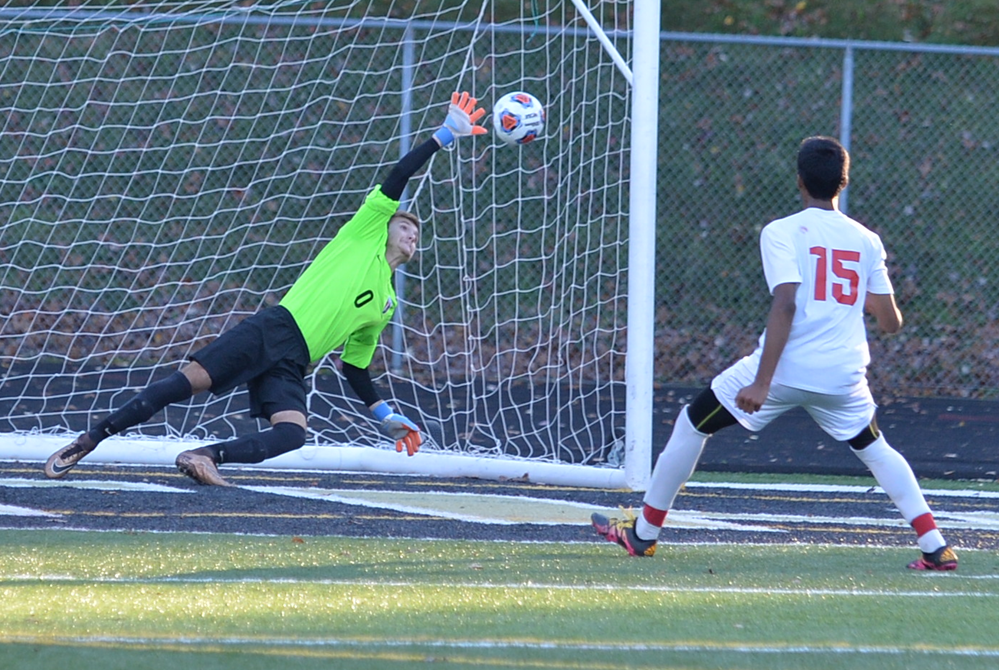
Be the Referee: 40-Second Play Clock
August 30, 2018
In this week's edition, assistant director Brent Rice explains how Michigan is continuing to experiment with a 40-second play clock in football.
Be The Referee is a series of short messages designed to help educate people on the rules of different sports, to help them better understand the art of officiating, and to recruit officials.
Below is this week's segment – 40-Second Play Clock - Listen
There’s an experiment taking place on a number of high school football fields across the state again this year. Michigan is experimenting with a 40-second play clock in football.
This is designed to provide more consistency from play to play as the ball must be snapped 40 seconds after the end of the previous play and is not dependent on the referee’s subjective signal.
When play is continuing without a stoppage, the 40-second play clock will be used. If play has been stopped for a time out or penalty, the play clock will be set at 25 seconds.
After two seasons, the feedback received from coaches and officials has been very positive, and there’s a possibility the Michigan experiment may become a new national playing rule soon.
Past editions
August 23: Football Rules Changes - Listen

Be the Referee: Soccer Overtime
By
Paige Winne
MHSAA Marketing & Social Media Coordinator
October 24, 2023
Be The Referee is a series of short messages designed to help educate people on the rules of different sports, to help them better understand the art of officiating, and to recruit officials.
Below is this week's segment – Soccer Overtime - Listen
Soccer games in the postseason have one big noticeable difference from the regular season. In the postseason, games cannot end in a tie – so games go to overtime and possibly a shootout.
Here’s how that works:
If the game is tied at the end of regulation, it will go to overtime, which is two 10-minute periods played in its entirety. There is no sudden death or golden goal winner. If there is a winner at the end of the 20 minutes, that team wins and advances to the next round. If there’s still a tie, we move to a shootout.
In the shootout, the teams alternate taking five penalty kicks. If it’s still tied after five kicks, they each kick until the tie is broken.
Previous Editions
Oct. 17: Tennis Spin - Listen
Oct. 10: Blocked Kick - Listen
Oct. 3: Volleyball Double & Lift - Listen
Sept. 26: Registration Process - Listen
Sept. 20: Animal Interference - Listen
Sept. 13: Feet Rule on Soccer Throw-In - Listen
Sept. 6: Volleyball Jewelry - Listen
Aug. 30: Football Rules Similarities - Listen
Aug. 23: Football Rules Differences - Listen

